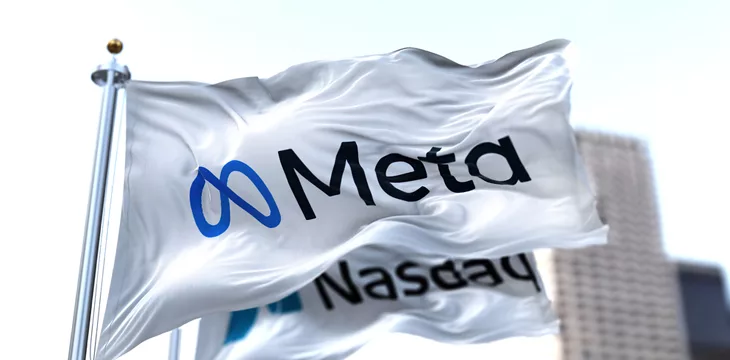|
Getting your Trinity Audio player ready...
|
Meta (NASDAQ: META), the parent company of Facebook and Instagram, has rolled out two artificial intelligence (AI) tools to improve the creation process, focusing on video and image generation.
The first, dubbed Emu Video, is a text-video generation tool based on diffusion models, allowing users to create videos seamlessly. According to a company blog post, Emu Video uses a “factorized” approach involving creating images and generating videos based on the text input and the generated image.
Meta says Emu Video is capable of generating “512×512 four-second long videos at 16 frames per second,” with capabilities surpassing the company’s previous attempt at AI video generation.
“In human evaluations, our video generations are strongly preferred compared to prior work—in fact, this model was preferred over Make-A-Video by 96% of respondents based on quality and by 85% of respondents based on faithfulness to the text prompt,” read the blog post.
In the same statement, Meta announced Emu Edit for users to edit AI-generated images till the desired outcome is achieved. Described as a free-form editing tool, Emu Edit allows users to use text prompts to make edits like background removal, segmentation, and geometric transformation.
Meta disclosed that Emu Edit allows edits to pre-selected pixels rather than altering the entire image, separating it from other generative AI models. Trained on 10 million synthesized samples, Meta says Emu Edit provides results superior to current AI systems in “qualitative and quantitative evaluations.”
The company points to several use cases for the AI features, including the perks for users to seamlessly create their stickers and GIFs rather than painstakingly searching for the perfect clip. Users without technical skills can leverage the tool to edit their images, with the company warning that the devices are still in “fundamental research.”
“While certainly no replacement for professional artists and animators, Emu Video, Emu Edit, and new technologies like them could help people express themselves in new ways—from an art director ideating on a new concept or a creator livening up their latest reel to a best friend sharing a unique birthday greeting,” said Meta.
Safe AI usage at the core of Meta
Keen to close the gap between it and the industry’s first movers, Meta has thrown its weight behind rapid AI development, launching Llama 2 and a flurry of generative AI tools. Despite the frantic pace, Meta says it has its eyes on ensuring safe AI use, famously banning political advertisers from using its suite of AI tools to prevent misinformation.
The company extended the ban to other regulated industries like housing, election, employment, health, and even financial services.
“We believe this approach will allow us to better understand potential risks and build the right safeguards for the use of generative AI in ads that relate to potentially sensitive topics in regulated industries,” said Meta.
The big tech firm is grappling with a slew of lawsuits bordering on alleged copyright infringement in training its large language models (LLMs), with pundits pushing for integrating blockchain with AI as a solution.
In order for artificial intelligence (AI) to work right within the law and thrive in the face of growing challenges, it needs to integrate an enterprise blockchain system that ensures data input quality and ownership—allowing it to keep data safe while also guaranteeing the immutability of data. Check out CoinGeek’s coverage on this emerging tech to learn more why Enterprise blockchain will be the backbone of AI.
Watch: AI truly is not generative, it’s synthetic

 08-31-2025
08-31-2025 





